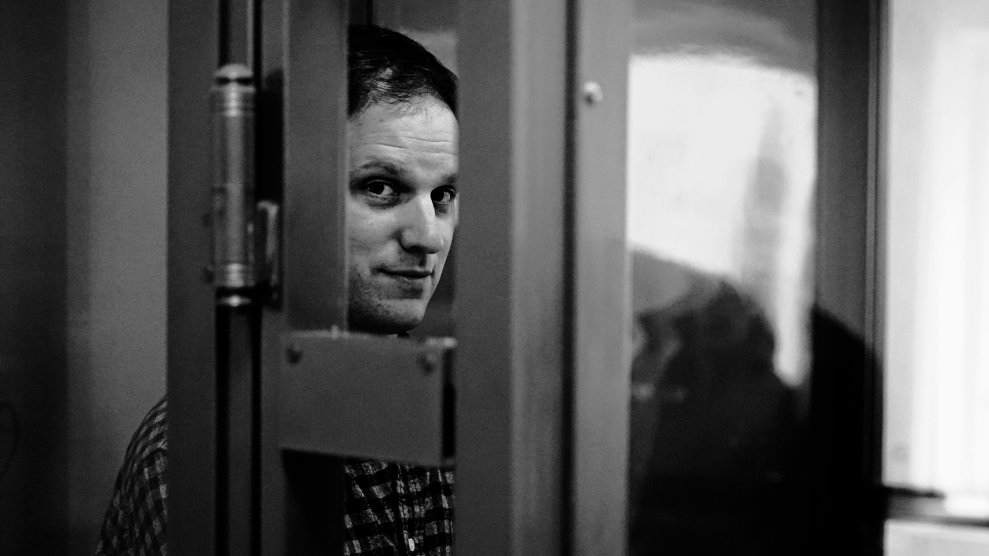After accepting homegrown herbs from a witch, pondering the use of chile peppers as perfume, and standing knee-deep in manure with New York City gardeners, author Robin Chotzinoff comes to the conclusion that gardeners are, quite simply, more interesting than other people. In her collection of essays, People With Dirty Hands: The Passion for Gardening (New York: Macmillan, 1996), Chotzinoff details both her travels across the country and her travails in her own backyard. She finds nearly as many eccentric gardeners as there are varieties of flowers, but it is her whimsical self-descriptions that are most charming. Far from inspiring Martha Stewart-style pangs of inadequacy, the image of Chotzinoff working in her weed-ridden urban garden — complete with pool cue as bean pole — is enough to drive even the brownest of thumbs to plant at least a flowerbox.
Chocolate Supa Highway (Capitol Records, 1997), the latest CD from Spearhead, reflects singer/writer/ producer Michael Franti’s belief that hip-hop serves as a kind of Internet for African-Americans. And Spearhead’s inviting blend of rap, reggae, and soul is as pointedly political as any Web site. In “Wayfarin’ Stranger,” Franti sings: “It’s just the calm before the storm that’s why I’m quiet/ ya always mistaking an uprising for a race riot/ you can take my life — but there’s no escape/ ’cause you can’t shoot yer way through the pearly gates.” The group’s adept mix of music and politics is refreshing — and powerful.
Looking for the perfect way to celebrate National Poetry Month in April? Try listening to In Their Own Voices: A Century of Recorded Poetry (Rhino Records, 1996), in which 80 of the most beloved poets of the English language recite their work. Beginning with Walt Whitman’s circa 1890 reading of “America” (captured on wax cylinder by Thomas Edison), the four-CD set features a diverse range of styles and voices: from Robert Frost’s plodding recitation of “The Road Not Taken” to Maya Angelou’s fearless rendition of “Phenomenal Woman.” In Their Own Voices demonstrates why the spoken word is making a comeback today.
Toxic Deception (Secaucus, N.J.: Birch Lane Press, 1997), by environmental journalists Marianne Lavelle and Dan Fagin, is scary reading. Exposing how the chemical industry keeps potentially lethal substances on the market, the authors focus on four chemicals: the herbicides atrazine and alachlor; the dry cleaning chemical perchloroethylene; and formaldehyde, used in making plywood. What emerges is a clear picture of chemical giants skewing scientific studies and manipulating the media.











